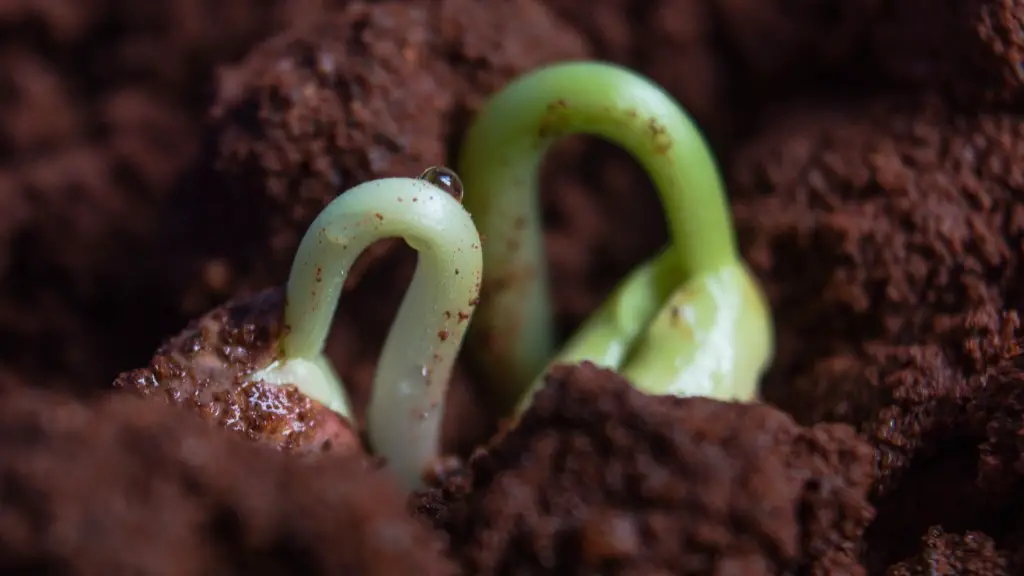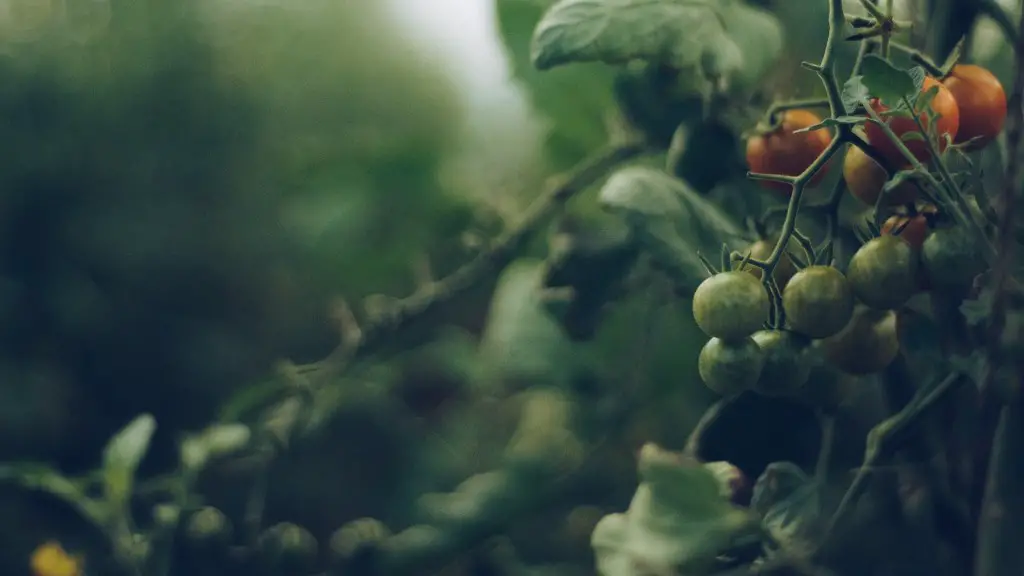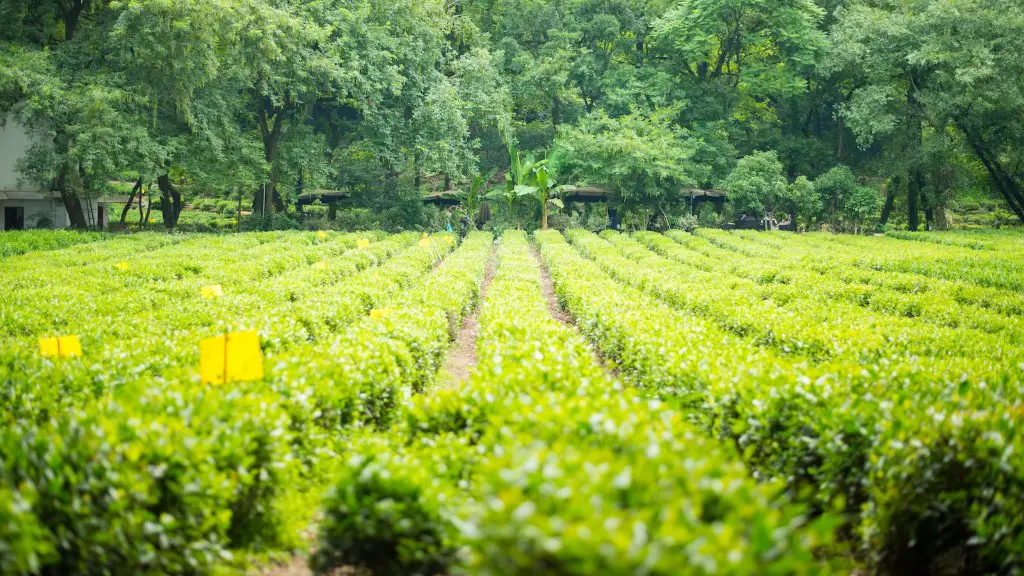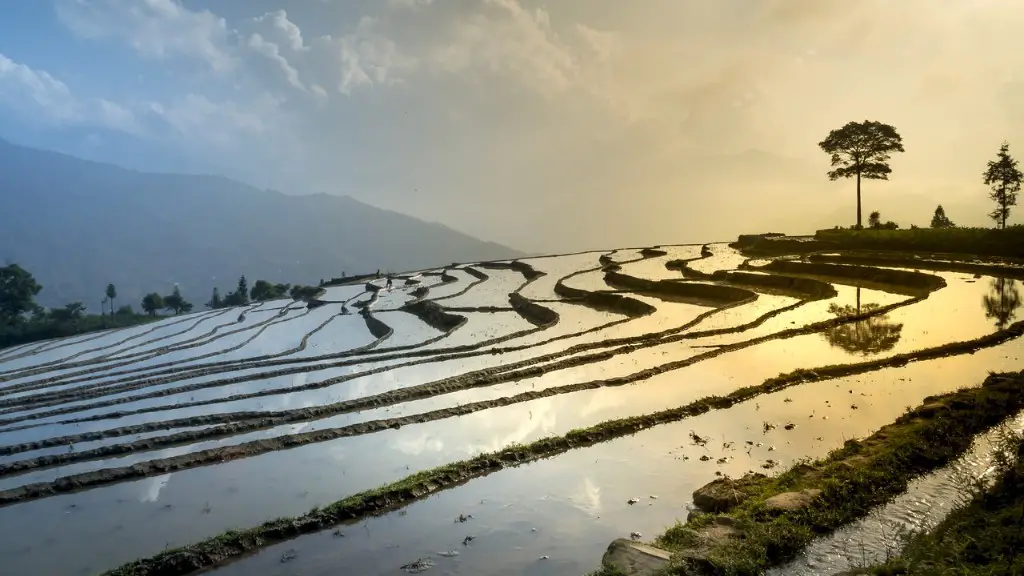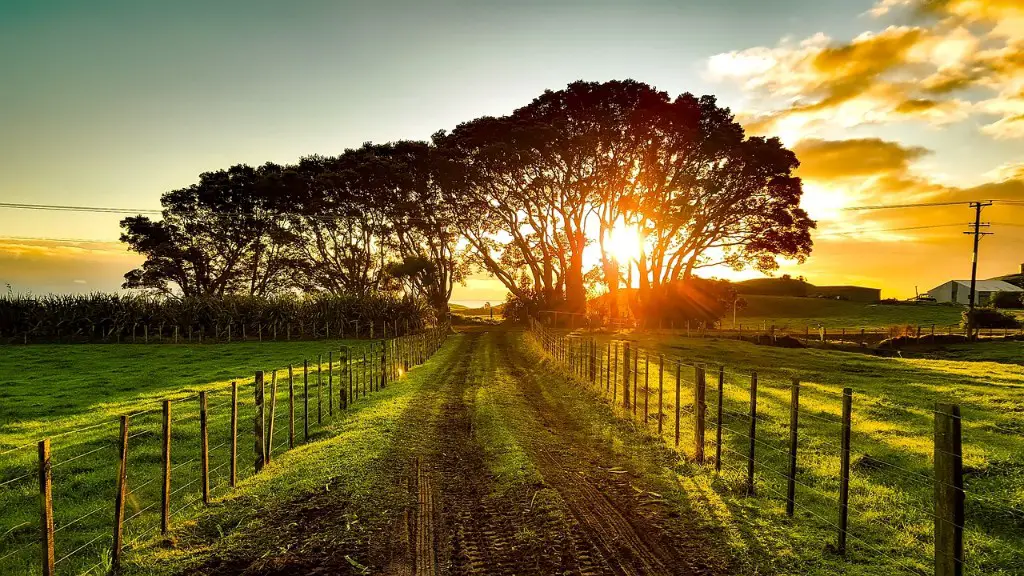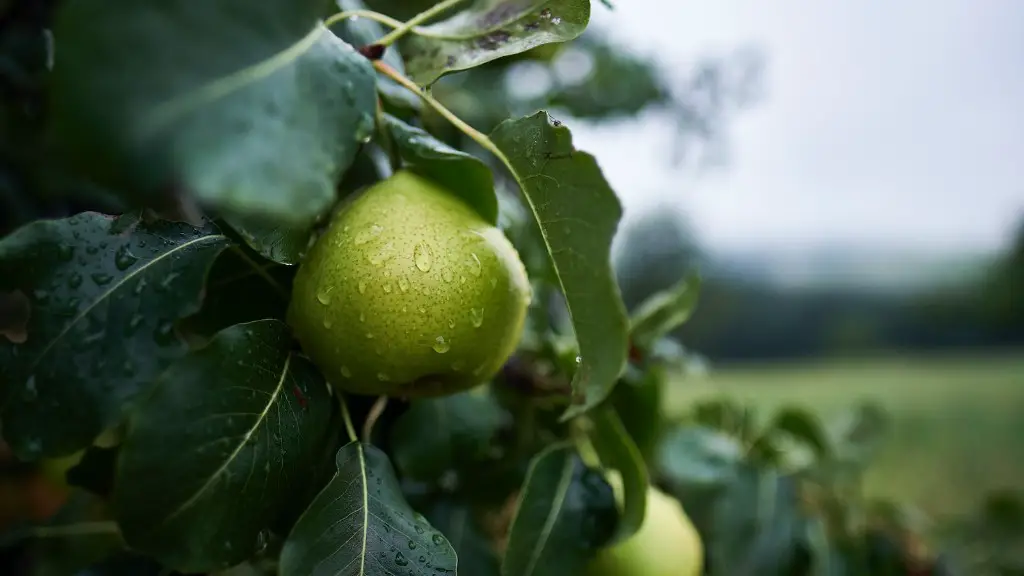The meaning of sustainable agriculture is the practice of farming using an approach that conserves land, water, and energy resources while protecting the health and welfare of animals, plants, and people.
The meaning of sustainable agriculture is the ability to produce food, fiber, or other plant or animal products without damaging or depleting the natural resources upon which the agricultural enterprise depends.
In sustainable agriculture, farmers conserve and renew the soil, water, genetic resources, and energy used in their farming operations.
What is the main purpose of sustainable agriculture?
Sustainable agricultural practices are those that protect the environment, expand the Earth’s natural resource base, and maintain and improve soil fertility. They are designed to meet the needs of present and future generations.
Cover crops and perennials are an important part of maintaining soil health. They help prevent erosion, replenish soil nutrients, and keep weeds in check. This reduces the need for fertilizers and herbicides, which can be harmful to the environment.
What are 3 types of sustainable agriculture
Sustainable agriculture is an approach to food production that is environmentally responsible, economically viable, and socially just. There are many different sustainable agriculture methods and farming practices, including permaculture, biodynamic farming, hydroponics and aquaponics, urban agriculture, and agroforestry. each of these approaches has its own unique benefits and challenges, but all are working towards the common goal of creating a more sustainable food system.
Sustainable farming is an agricultural process that involves incorporating initiatives into farming that allow it to be maintained indefinitely. This includes factors such as soil health, water conservation, and biodiversity. Sustainable farming is important not only for the environment, but also for the long-term productivity of the farm.
What are the four types of sustainable agriculture?
Sustainable agriculture is an approach to farming that seeks to minimize the negative environmental impact of agricultural production. It can be achieved through a variety of practices, including permaculture, agroforestry, mixed farming, multiple cropping, and crop rotation.
The environment and natural resources are important to protect and enhance. Farming operations are essential to the economic viability of many communities. Farmers need to be rewarded for their production in order to maintain their livelihoods and contribute to the well-being of their communities. Food production must be sufficient, high-quality, and safe.
What are 5 benefits of sustainable farming?
The pros of sustainable agriculture are numerous. Perhaps most importantly, it reduces costs by preventing pollution, saving energy, and preventing soil erosion. It is also animal-friendly, promotes biodiversity, and improves food production with less waste and public health.
There is no one-size-fits-all solution to sustainability, but there are five key principles that can guide food and agriculture policies and practices:
1. Increase productivity, employment and value addition in food systems.
2. Protect and enhance natural resources.
3. Improve livelihoods and foster inclusive economic growth.
4. Enhance the resilience of people, communities and ecosystems.
5. Adapt governance to new challenges.
What are the main concepts of sustainable agriculture
A sustainable agricultural system is one that is economically viable, has minimal impact on the environment, and has the support of society. Such a system would be profitable and have little or no negative impact on the environment, while also having the support of the community.
There are a number of practices that can be adopted in order to make agriculture more sustainable. Some of the most promising practices include organic farming, agroforestry, natural farming, the system of rice intensification, precision farming, conservation agriculture, crop rotation and intercropping, and cover crops and mulching.
Organic farming is a form of agriculture that relies on natural processes, such as crop rotation and composting, to maintain soil fertility. This can help to reduce the need for synthetic fertilizers and pesticides, which can have a negative impact on the environment.
Agroforestry is another promising practice. This involves growing trees and other plants alongside crops. This can provide shade and shelter for crops, as well as improve soil fertility.
Natural farming is another environmentally friendly approach to agriculture. This involves using traditional methods, such as crop rotation and composting, to maintain soil fertility. This can help to reduce the need for synthetic fertilizers and pesticides.
The system of rice intensification is a set of practices that can be used to increase the yield of rice. This includes using traditional methods, such as crop rotation and intercropping, as well as new technologies, such as precision farming.
Precision farming is
What is the best sustainable agriculture?
Crop rotation, intercropping, and growing cover crops are excellent ways to promote healthy soil and reduce pest pressure. crop rotation ensures that different plants are grown in the same area in successive years, which gives the soil a chance to recover between planting seasons. Intercropping is the practice of growing two or more crops in close proximity to one another, which can help to reduce pest pressure and improve soil health. Growing cover crops is another great way to improve soil health and reduce pest pressure. Cover crops are plants that are grown between cash crops to help protect the soil from erosion and to replenish nutrients. Managing irrigation to reduce runoff is another great way to protect the soil from erosion.
The food, feed, fibre and goods and services produced by agriculture are essential to human well-being and to the functioning of societies. The sector is under pressure from multiple drivers, including population growth, changing diets, technological advances, climate change, market volatility, water scarcity and insurgencies. The sector is also confronted by the need to contribute to the mitigation of and adaptation to climate change, and to the greening of the economy more broadly.
Thedriversofchangearecompetingandoftenconflicting,andthepolicyan responseswillneedtobematchedtothesechangingcircumstances. There is an urgent need for more effective policies and investments that will enable the sector to meet the challenges it faces, and to contribute more effectively to economic development, food security and environmental protection.
What are the issues with sustainable agriculture
Sustainable farmers have to contend with a number of challenges in order to be successful. First and foremost, they need to be able to grow enough food to meet the needs of the world’s growing population. Additionally, they need to be able to do so in the face of water scarcity and loss of usable land. They also need to be able to use energy efficiently and mitigate the effects of climate change. Finally, they need to be able to do all of this while being cost-effective.
Crop and water management are two of the most important elements of sustainable agriculture. Both have a huge impact on the environment and the way our food is produced. It is essential to get these two elements right in order to create a sustainable agricultural system.
Water management is particularly important in agriculture. Good water management practices can help to conserve water, reduce pollution and protect the environment. A key part of water management is irrigation. This is the process of supplying water to crops, usually through a system of pipes and pumps. Irrigation can be very water intensive, so it is important to use it wisely.
Crop management is also vital for sustainable agriculture. This includes things like choosing the right crops for your area, using organic methods of pest control and using less water during the growth cycle. It is also important to rotate crops, which means growing different crops in different areas of the field each year. This helps to improve soil quality and prevent the build-up of pests and diseases.
When did sustainable agriculture start?
The Sustainable Agriculture Movement is a response to the negative environmental and social impacts of industrial agriculture. The goals of the movement are to create a more environmentally sustainable and socially just food system.
The movement began in the 1950s and 1960s, in developed countries like the United States and Great Britain. Early pioneers of the movement advocated for a return to more traditional, small-scale farming practices. They promotes alternatives to the use of synthetic chemicals and monoculture crop production.
The Sustainable Agriculture Movement has grown in recent years, as more and more people become concerned about the impacts of industrial agriculture. The movement has gained traction in both developed and developing countries. In many places, government and private organizations are beginning to invest in sustainable agriculture initiatives.
The goal of sustainable agriculture is to meet society’s food and textile needs in the present without compromising the ability of future generations to meet their own needs. This can be done through a variety of methods such as using organic farming practices, investing in alternative energy sources, and using more efficient irrigation techniques.
Conclusion
The meaning of sustainable agriculture is the production of food, fiber, or other plant and animal products using farming techniques that protect the environment, public health, human communities, and animal welfare.
The meaning of sustainable agriculture is the production of food, fiber, or other plant or animal products using farming techniques that protect the environment, public health, human communities, and animal welfare.
